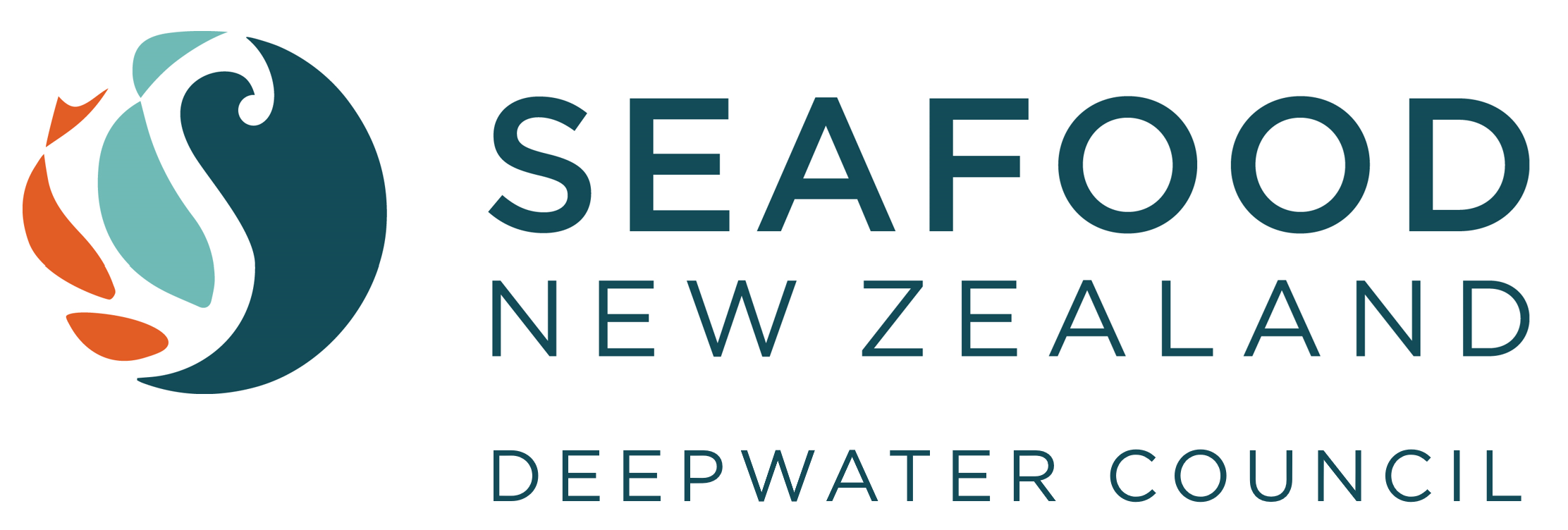The seafood industry actively supports measures to conserve the Auckland Islands sea lion, Seafood New Zealand Chairman George Clement says.
His comments follow the International Union for Conservation of Nature (IUCN) upgrading the sea lions’ status from vulnerable to endangered.
“The decline in the sea lion population at the Auckland Islands has been a cause of concern for some time, although other populations are increasing.
The IUCN report notes a 2014 report which said that variable diet composition, changes in milk quality and pup mass, and reduced pupping rates are consistent with changes in the nutritional status of the sea lions.
One of the major threats identified is the bacterial disease Klebsiella pneumoniae which unfortunately has been killing sea lion pups at the Auckland Islands in significant numbers over the past decade, George Clement says.
“The serious impact the disease is having on the Auckland Islands population has been a cause of concern for scientists and the seafood industry for some time. We are assisting the Government to work with leading veterinary scientists with expertise in animal husbandry. It is challenging to find practical solutions to prevent the pups dying before they leave for sea.
“We are also continuing to refine technologies and methods to minimise accidental captures of adults and are very close to zero captures in the squid fishery.
“While there are concerns for the Auckland Islands sea lion population, it is heartening to know that pup production in 2015 has been estimated to be 1576 pups and that populations of the New Zealand sea lions on the Campbell Islands have increased in size as well as an emerging breeding colony on Stewart Island,” George Clement says.
“We fully support the Ministry for Primary Industries and the Department of Conservation in their work to mitigate the declines in the Auckland Islands sea lion population.
“As an industry we’ve invested millions of dollars on research into the causes of the decline of this population. As New Zealanders we are fully committed to the conservation of these rare animals,” George Clement says.
For more details contact: Debbie Hannan (04) 802 1506 or 027 293 2321
